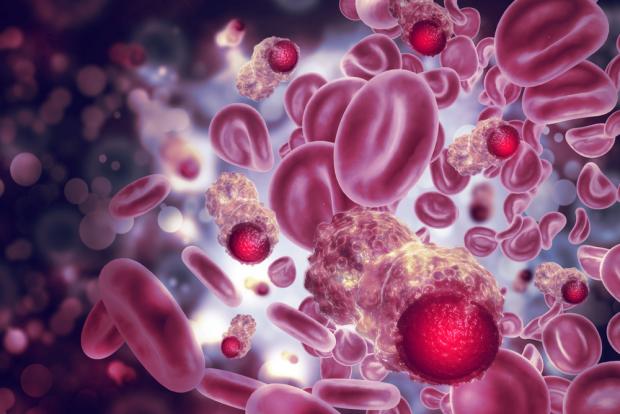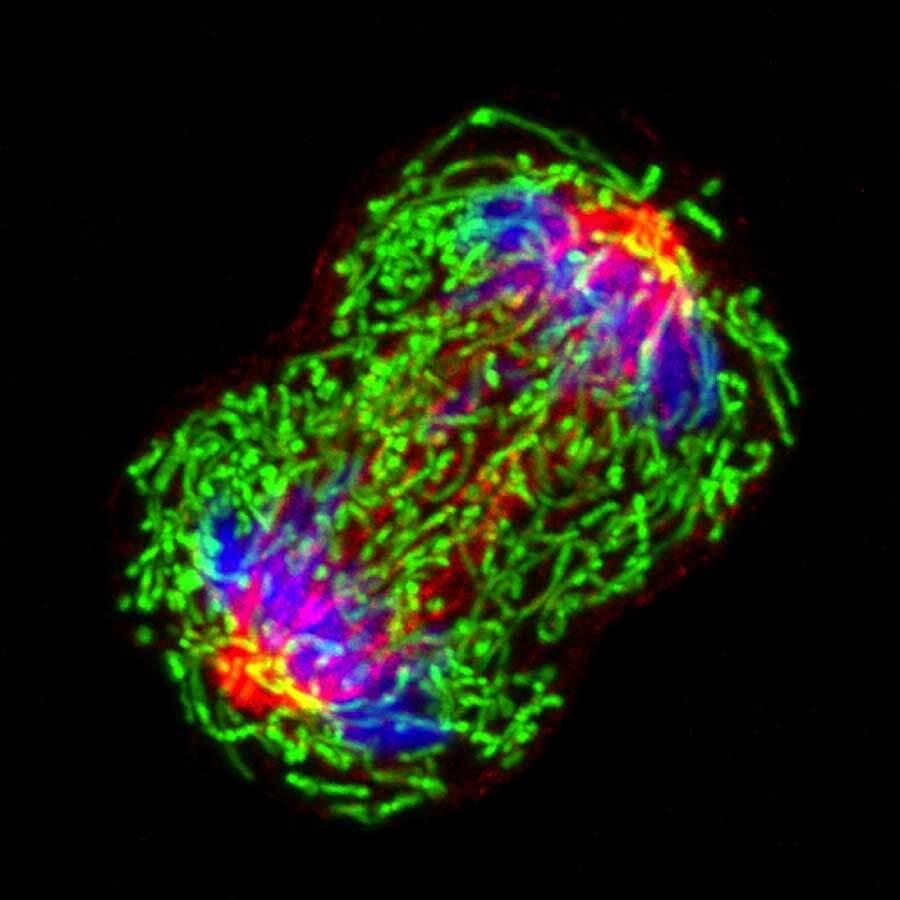In the past few years, some research have counseled a link between dietary behavior and the development of most cancers. However, lots of these studies have not been able to transport beyond observing links. Now, specialists in most cancers and nutrition advocate a manner ahead.

Researchers were locating links between unhealthful dietary conduct and the chance of cancer development and recurrence for many years now.
However, they have no longer yet proved past a doubt that each one of these links is causational.
At the equal time, past findings were convincing sufficient to spark off researchers to research those connections further.
Diet is a fundamental factor of discussion in most cancers prevention, as it’s far a modifiable thing; properly knowledgeable people can make extraordinary picks regarding what and the way they devour that may make a real distinction to their health.
Studies from the UK have located that “almost 4 in 10” cancer cases are preventable, as modifiable hazard elements force them.
For those reasons, experts throughout many disciplines — including cancer and nutrients research — got here collectively in December’s ultimate year to speak about the interplay between food regimen and most cancers risk.
The inaugural international Cancer Prevention and Nutrition Conference came about in London, U.K., under the auspices of Ludwig Cancer Research and Cancer Research UK.
The fundamental points the researchers mentioned at some stage in this convention now appear inside the journal BMC Medicine.
Old challenges vs. New strategies
“While statistics actually display that obesity is a prime chance element for cancer,” says Bob Strausberg, deputy scientific director of the Ludwig Institute for Cancer Research, “We still have loads to find out about how weight loss plan, bodily activity, and other metabolic factors impact most cancers improvement.”
“In bringing together the most distinguished specialists within the area throughout institutions, disciplines, and continents, we have worked to perceive those studies gaps and clarify the function of vitamins in cancer prevention,” he says.
One trouble that the researchers discussed in the convention became the demanding situations that appear in information whether or not nutrients without delay influence the chance of most cancers and the fulfillment of the treatment.
“The complexity of the metabolic elements modulated using weight-reduction plan and bodily activity can be a contributing element for the lack of aid for numerous outstanding meals and most cancers hypotheses in massive prospective research,” provide an explanation for Prof. Walter Willett, from the Harvard T.H. Chan School of Public Health in Boston, MA, and Elio Riboli, chair in most cancers epidemiology and prevention at Imperial College London in the U.K.
“The current vitamins and most cancers evidence base are basically observational and at risk of confounding, and long-time diet [information] is difficult to evaluate,” add Prof. Richard Martin, from the University of Bristol, U.K., and Prof. Edward Giovannucci, from the Harvard T.H. Chan School of Public Health.
Yet from the one-of-a-kind panels, it additionally emerged that there may now be ways to surpass these demanding situations. For example, conference participants argued that they can now use new analytical strategies and a new way of information about how molecular factors might have an effect on the improvement of most cancers.
These include such modern strategies as epigenomics, transcriptomics, metabolomics, and proteomics.
“With stepped forward mechanisms to proportion records, more suitable collaboration across continents, and pass-pollination increasing among traditional [isolated fields] — the hyperlinks among nutrients and cancer prevention research are doubtlessly more understandable and actionable,” writes Fiona Reddington, head of the population, prevention, and behavioral studies funding at Cancer Research UK.
Interdisciplinarity is the manner forward.
At the conference, professionals additionally explained that funding our bodies has to make investments greater in research for higher cancer treatments and studies surrounding capability threat factors — which includes elements of nutrients and strategies of most cancers prevention.
“Resources are reluctantly applied to prevention, not to mention adolescence factors that are many years removed from cancer occurrence,” provide an explanation for Prof. Karin Michels, from the University of California, Los Angeles, and Prof. Robert Waterland, from the Baylor College of Medicine in Houston, TX.
“We desire our urgent name to action may be heard,” they upload.
All the researchers concerned with the convention argue that it’s far very vital to discover ways of using cancer and vitamins research to form higher guidelines and recommendations to make an actual difference to humans’ lives.
To this cause, scientists have to work carefully with national policymakers and healthcare professionals to promote healthy, nutritious food over alternatives that can be less probable to guide properly-being.
“Research to tell the development of rules and interventions to enhance the meals environment and prioritize cancer and other noncommunicable disorder prevention requires interdisciplinary collaborations,” write Prof. Linda Bauld, from the University of Edinburgh within the U.K., and professor emerita Hilary Powers, from the University of Sheffield, also in the U.K.
Indeed, according to Strausberg and Reddington, the need for interdisciplinary techniques in relation to delving further into the hyperlinks between most cancers and nutrients turned into a chief takeaway of the inaugural convention. They conclude:










